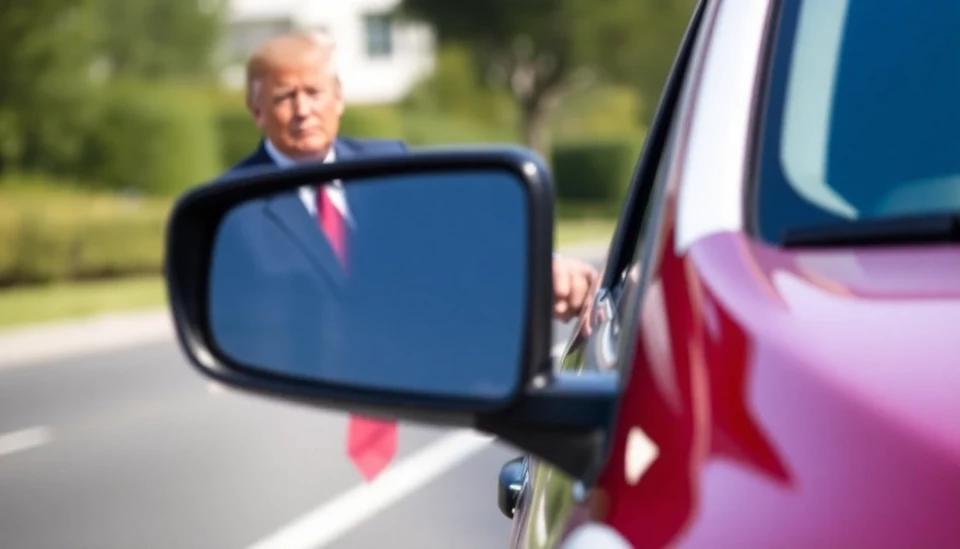
In a notable shift in policy, the team representing former President Donald Trump is reportedly advocating for the relaxation of regulations governing self-driving vehicles in the United States. This move comes as part of a broader strategy to bolster technological innovation and competitiveness within the automotive sector.
Sources familiar with the discussions indicated that the Trump camp believes that easing existing rules could accelerate the rollout of autonomous vehicles, which have the potential to revolutionize transportation, improve road safety, and reduce traffic congestion. The emphasis appears to be on creating a more favorable regulatory environment that encourages private sector investment and development in automated driving technologies.
The push for these regulatory changes aligns with broader trends in the automotive industry, where companies are increasingly investing in autonomous driving systems. Traditional auto manufacturers, along with tech giants, are eager to bring self-driving cars to market sooner, seeing them as not just a technological advancement but also a lucrative business opportunity.
Reports suggest that Trump's advisors are exploring several avenues to achieve this deregulation, including revisiting existing standards set by federal agencies. The initiative may involve working collaboratively with industry stakeholders and state regulators to craft guidelines that facilitate quicker testing and deployment of self-driving cars.
Critics of the proposed deregulation have raised concerns about safety and the potential for premature deployment of vehicles that may not yet meet stringent safety standards. Advocates for public safety emphasize the importance of ensuring that autonomous technology is rigorously tested and proven before these vehicles are allowed to operate on public roads.
This initiative is expected to be a focal point in discussions surrounding the future of transportation in the United States, especially as the nation seeks to enhance its technological capabilities in an increasingly competitive global landscape. With developments in artificial intelligence and machine learning, the potential for safer and more efficient travel is on the horizon, underscoring the urgency of the debate on how best to regulate this evolving industry.
The administration's drive to ease regulations on self-driving cars may also resonate with certain voter segments who prioritize innovation and job creation in tech fields. However, the balance between encouraging technological progress and ensuring public safety will be paramount as these discussions unfold in legislative and industry forums.
As the dialogue continues, the outcome of these regulatory considerations could significantly impact the trajectory of the autonomous vehicle market and shape consumer perceptions of self-driving technology.
In conclusion, the Trump team's push to adjust the regulatory framework surrounding self-driving cars promises to initiate critical conversations about the future of transportation in America. The importance of ensuring robust safety measures alongside fostering innovation will be essential in navigating this complex challenge.
#Trump #SelfDrivingCars #Regulations #Innovation #Transportation #Tech #Automotive #Safety #AutonomousVehicles
Author: Samuel Brooks




